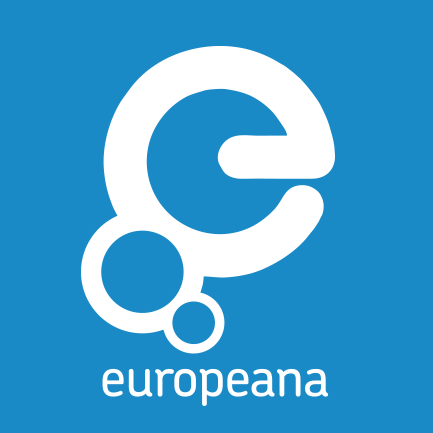Mock sample for your project: National e-Governance Division API
Integrate with "National e-Governance Division API" from apisetu.gov.in in no time with Mockoon's ready to use mock sample
National e-Governance Division
apisetu.gov.in
Version: 3.0.0
Integrate third-party APIs faster by using "National e-Governance Division API" ready-to-use mock sample. Mocking this API will help you accelerate your development lifecycles and improves your integration tests' quality and reliability by accounting for random failures, slow response time, etc.
It also helps reduce your dependency on third-party APIs: no more accounts to create, API keys to provision, accesses to configure, unplanned downtime, etc.
Description
NeGD (http://negd.gov.in/) conducts trainings in the area of egovernance. Certificates for certain training programmes by NeGD are made available in participants' DigiLocker accounts.
Other APIs by apisetu.gov.in
Common Service Centre (CSC)
Dr. B.R. Ambedkar Institute of Technology,Andaman & Nicobar Islands
ICICI Lombard GIC Ltd.
CPCT-MAPIT, Madhya Pradesh
Cholamandalam MS General Insurance Company Ltd.
NIESBUD
Goa State Board of Secondary and Higher Secondary Education, Goa
Tata AIG General Insurance Company Ltd.
Employees' Provident Fund Organization
Revenue Department, Odisha
Madhya Pradesh Medical Science University, Jabalpur M.P., Madhya Pradesh
National Insurance Company Ltd.
Other APIs in the same category
Labour Resource Department, Bihar
ODN API
government and non profit agencies.
Much of this data originating from independent sources is fused together to create new, and often
powerful, entity level data. The API, in addition to search and autosuggest capabilities for finding datasets,
enables data based comparisons across geographical regions such as states, counties, metropolitan areas,
cities and zip codes using highly vetted data providers such as US Census, BEA, HUD and others. Comparison data
is preformatted for easy and efficient display on a chart, graph or interactive map.
The API also exposes data organized by narrative style questions a human might ask. The questions can
be rapidly found using an autosuggest style index, and then used to directly access all data needed to
thoroughly and authoritatively answer the question. Retrieved data includes time series (temporally aligned),
tabular, map heavy (includes spatial boundaries), and auto generated unstructured descriptive text.
The ODN API does not duplicate API endpoints or services provided by public sector agencies, but rather,
returns context relevant pre-populated REST URLs, when appropriate, so the caller can access data
directly from the source.
The open source API powers OpenDataNetwork.com, an open source
site; the site highlights myriad uses and provides API badges with contextually relevant API example
REST endpoints and documentation pointers.
Finally, we continuously add new dat sources which appear automatically in the API, so if your favorite data
source is not available, check back soon. You can also join us HERE
and receive updates or let us know which data sources you are most interested in.
App Tokens
Registering for and including a Socrata application token
is required for the ODN API. They can be passed either using the app_token parameter
or the X-App-Token HTTP header.

Auckland Museum API

Europeana Search & Record API
Authorized Partner API Specification
Transport Department, Punjab
Transport Department, Tripura
DigitalNZ API
For more information about the API see digitalnz.org/developers.
To learn more about the metadata/fields used in the API see the Metadata Dictionary.
To get a sense of what content is available via the API take a look at the search feature on the DigitalNZ website.
The terms of use specify how developers can use the DigitalNZ API.